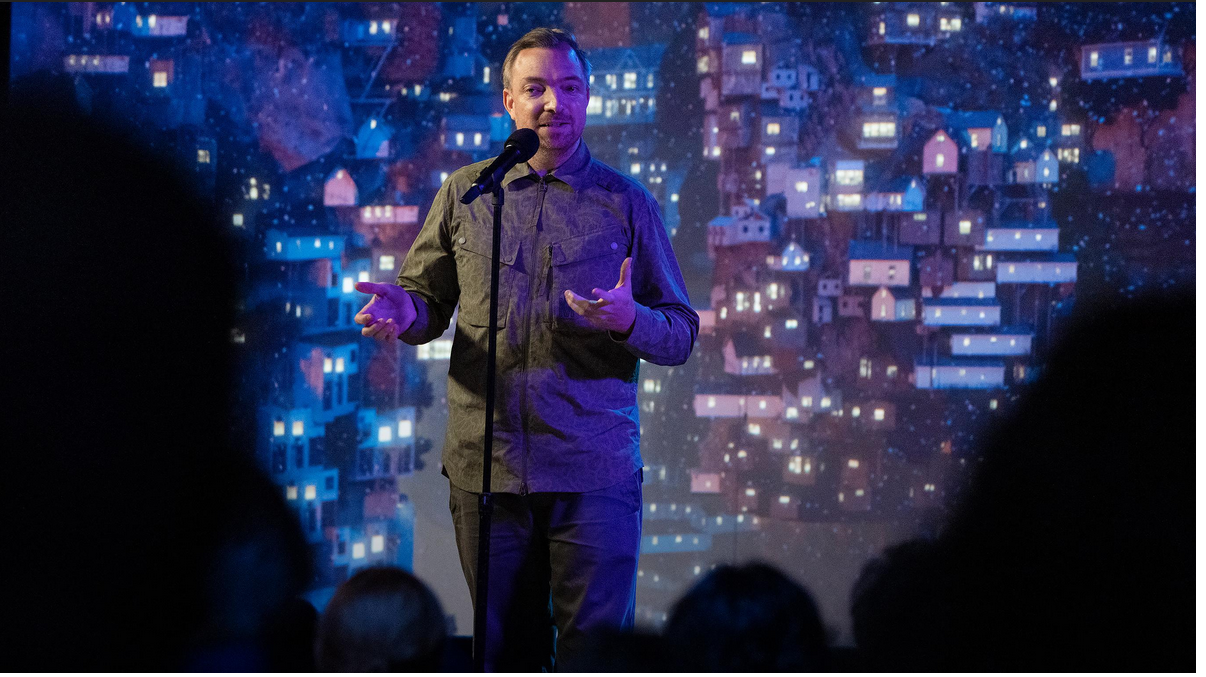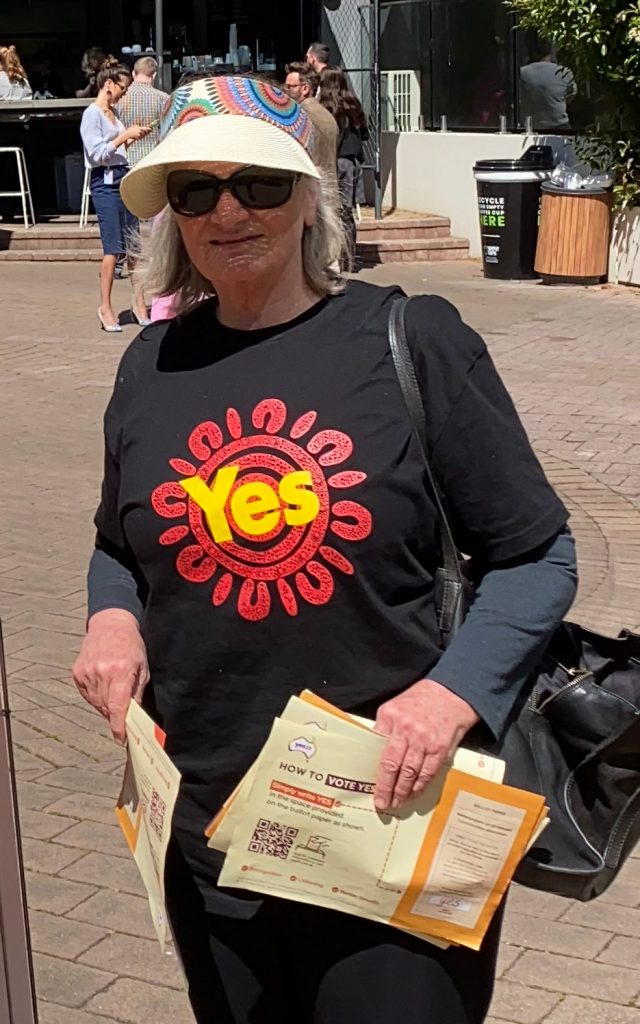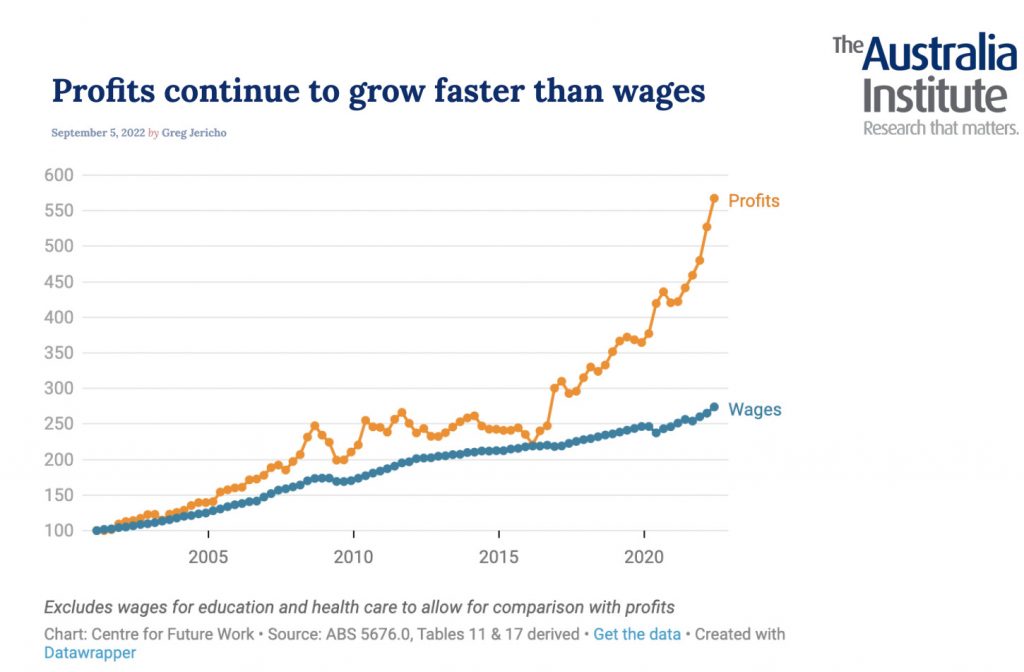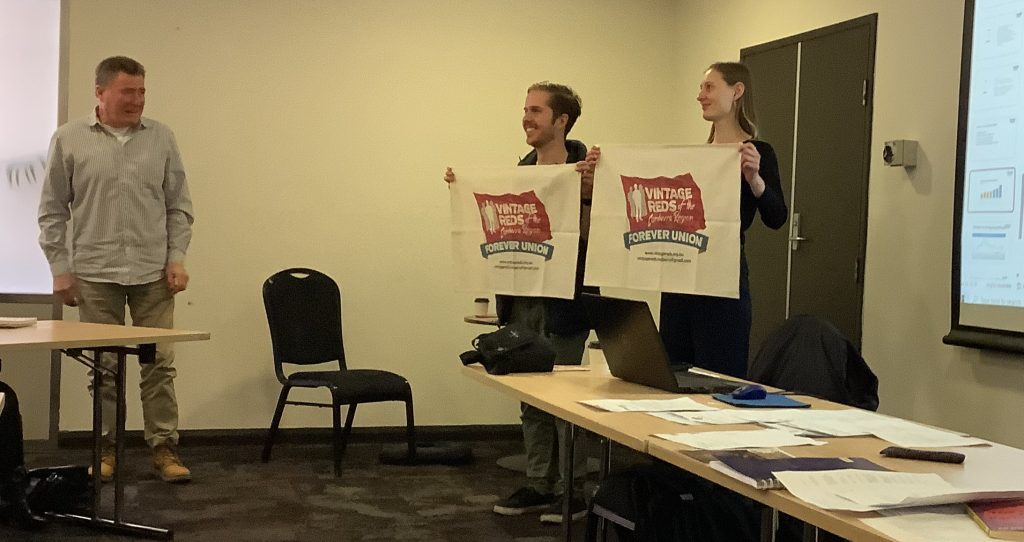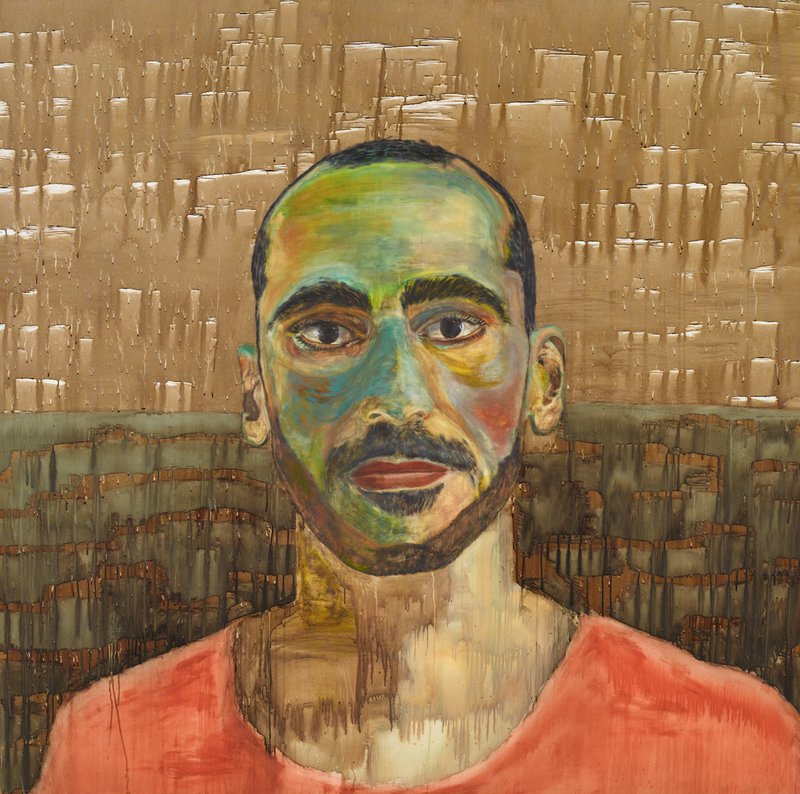27 February 2024
We know how much our Vintage Reds members enjoy an election. The cut and thrust of ideas, the chance to make our world a better and fairer place! The sheer thrill of orators taking to the stump to stir our idealism! I decided to forget mowing the lawn and get along to the town hall meeting.
The inaugural meeting of the group known as Independents for Canberra, launched by Clare Carnell (Party Director) and Tom Emerson, was held on February 11. This meeting received scant attention in the media, apart from a mention of a stoush between two attendees which ironically showed the difficulties inherent in the concept of serving “the community”, as if community forms a single entity. Deeply held differences within one group in the ACT came to the fore in an exchange between two Indigenous elders.
Community was the theme and promise of the meeting, with the chance to elect politicians who listen and will act for their communities, and can vote freely and with integrity, unfettered by a party machine.
About 150 people attended this meeting, a good turnout for a Sunday morning.
After an acknowledgement of country by Auntie Violet Sheriden, chair Clare Carnell (a barrister and ANU law lecturer) outlined the vision. It was to pledge that Independents for Canberra politicians will be accountable and community focused. They will listen and reply to every contact and phone call, and will show in their actions that they are there to serve the people who voted them in. Time for an end to arrogant politicians who you can never get hold of.
Michael Moore then spoke. He quoted Mal Meninga as saying that when Meninga stood as an independent candidate, the things he hoped to achieve were integrity and access, equity, and sustainability. Moore says that Independents should remain unaligned to political parties, and that the ACT Greens have not done this. Independents should focus on increasing accountability, allowing stability and good budgeting. Moore said that while independent politicians need policies, they also must be across a vast range of topics. He noted that the Hare-Clark electoral system, which is used in ACT and Tasmania, favours teams of independents rather than individual independents.
Kate Chaney, an independent from WA, was a guest and spoke of her own experience in being elected in 2022 into a former Liberal seat. She said the major parties were no longer listening to or serving the needs of people, only of the machine. She said a positive campaign was essential, and recommended that independent candidates focus on policy, not on attack. She does not hold the balance of power but takes the democratic process very seriously and believes that it is vital to be connected to the community. She said the best question an independent need to ask of themselves is what the right thing is to do on a long-term basis.
David Pocock, also a guest speaker, gave a short speech. He stated his love of Canberra, his belief that Canberrans love Canberra and that he values being free of a party line. He believes that 95% of party politicians have no idea what they are voting for. The point for an independent politician is to find a sensible way forward, a way that looks after us and our children.
Tom Emerson, “another bald man with a big heart”, and David Pocock’s staffer, followed. He suggested that we, the audience, were probably swinging voters. He outlined his background as an ANU philosophy graduate from a political Labor family. He currently runs a movement studio called Praksis in Canberra. He said an independent should represent the community only, not a political party and that integrity was essential. Then came the pitch.
Emerson explained that Independents for Canberra are looking for more candidates who are active and accessible community members, answerable for errors and understanding of why people disagree. These will be locals who back themselves and can back others, and will give help when help is needed, for example, regarding public housing and health care. Emerson was passionate on what Canberra could be like; a capital that leads the nation by using innovative ways to solve problems, stronger communities, high value given to the natural environment and a sense of ambition for our city. More people need to be brought into the political tent. The goal is to get one independent elected in each electorate, thus bringing pressure on the government to serve the community.
Then followed a Q and A session.
Auntie Violet said she was considering standing as an independent with the independent team. She expressed concerns about small block sizes and too much traffic in Gungahlin where she lives. She does not support stage 2 of the light rail and believes high speed buses are better. She said Canberra needs representatives who understand their communities.
In reply, Tom Emerson said there were many points of view on the extension to light rail, depending in part on where people live.
Then followed a question from the audience on what exactly is ‘a party’ of independents. Emerson answered that it needs to be a group to get elected, but all representatives will be free to vote independently.
In response to a question from the floor, Emerson said he saw three key issues facing the electorate at the upcoming election: housing including public housing, health and mental health and the future of our city both physically and in its character.
Bill Stefaniak, Convenor of the Belco Party, gave a message of support for the new Independents for Canberra. Stefaniak, incidentally, wrote in his column in the Canberra Weekly magazine of 15/2/24 that ‘as we approach this year’s local election, the issue currently on most Canberrans minds is the length of the grass in our city’.
A man who identified himself as a Ngambri man put forward the view that independent candidates should reflect the needs of women and the multiculturalism of Canberra. Aunty Violet took offence at him speaking and they had a stoush, resolved finally when David Pocock suggested they continue privately, and that the meeting was about positivity.
Then, right at the end of a long meeting, a voice from the floor belonging to Gary Petherbridge raised some local issues which he felt needed to be addressed by any candidate seeking election. He felt housing was a big issue, including high rates for houseowners, exorbitant rents and strata levies, endemic building faults in new builds, maintenance problems from using substandard products. He said our public schools are in crisis and that he believed respect and values should be at the heart of change.
But town hall meeting exhaustion had set in, and it was time for a change ……
Read the 10 principles underpinning the Independents for Canberra at www.independentsforcanberra.com.
Pam Blakeley
